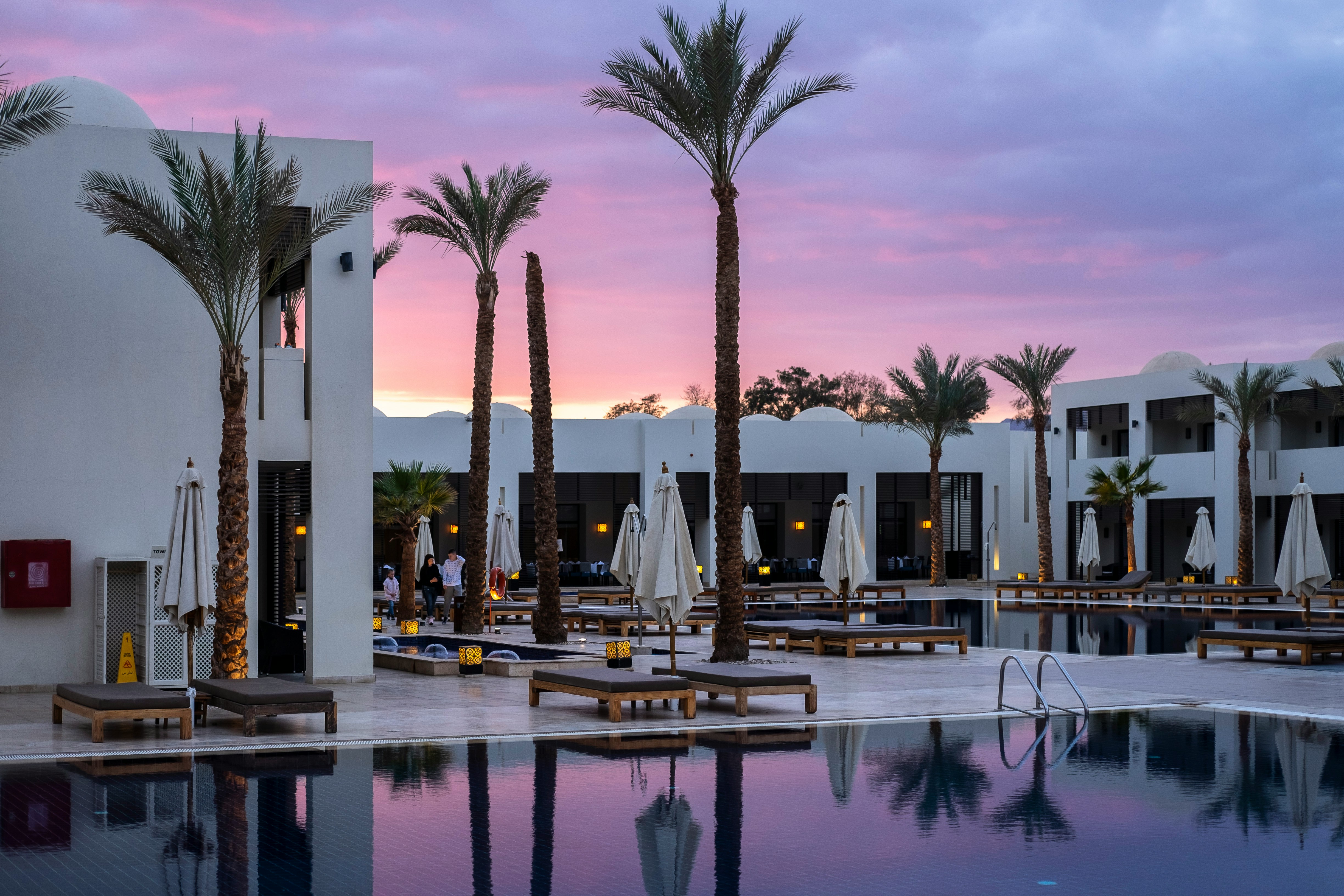Introduction: The Age of the Fast Decision
The long planning window is gone. Travelers in 2026 book trips at the last minute, thanks to cheap fares, flexible policies, and “see it, book it” behavior on social media. The Points Guy advises domestic travelers to book just 1–2 months in advance. Hopper reports average U.S. domestic roundtrip airfare at $265 in 2025 — fueling spontaneous trips.
For hotels, this means your most profitable bookings may appear inside a 30-day window. Owners and marketers who optimize for urgency and speed will win.
Why Booking Windows Matter to Owners
- Revenue volatility. Without late-window capture, occupancy drops suddenly.
- Marketing waste. Early funnel campaigns matter less if your site can’t close fast.
- OTA advantage. OTAs are optimized for urgency; hotels rarely are.
The Guest Perspective
Last-minute bookers want:
- Certainty. Transparent pricing and availability.
- Flexibility. Clear cancellation and rebooking policies.
- Speed. A frictionless mobile checkout flow.
The Late-Window Playbook
- Urgency modules. “3 rooms left” banners or “Deal ends in 12 hours.”
- Flexible policies. Emphasize free cancellation where possible.
- Mobile-first flows. One-page checkout, wallet pay integration.
- Transparent inclusions. Wi-Fi, breakfast, parking listed clearly.
- Social-native CTAs. Connect TikTok/Instagram posts to direct booking.
Case Example
An urban boutique property added “Book Now, Cancel Anytime” messaging inside its 30-day booking window. Conversion jumped 16%, filling otherwise soft midweek nights.
How Hovr Helps
- Moments trigger based on booking window.
- Anchors deliver urgency cues inline.
- Pathways guide late-bookers to fastest options.
Conclusion
Short booking windows demand speed, transparency, and urgency. Owners: think of this as protecting occupancy. Marketers: think of it as closing intent before OTAs do.





.jpg)


